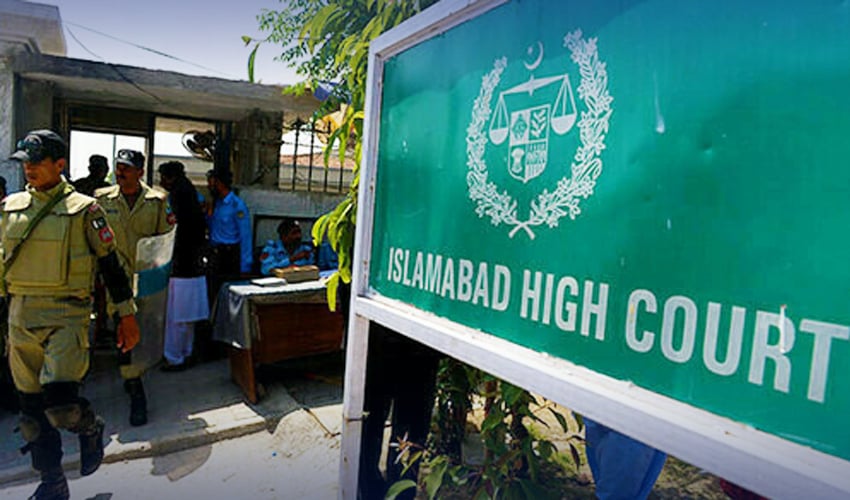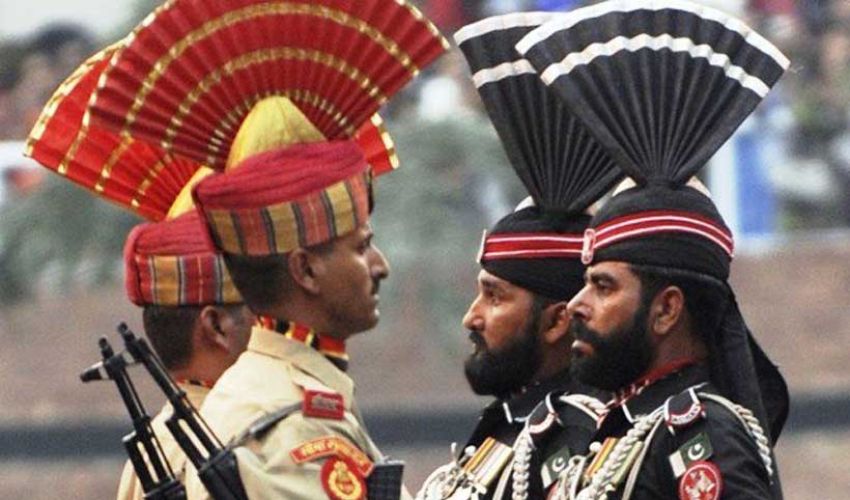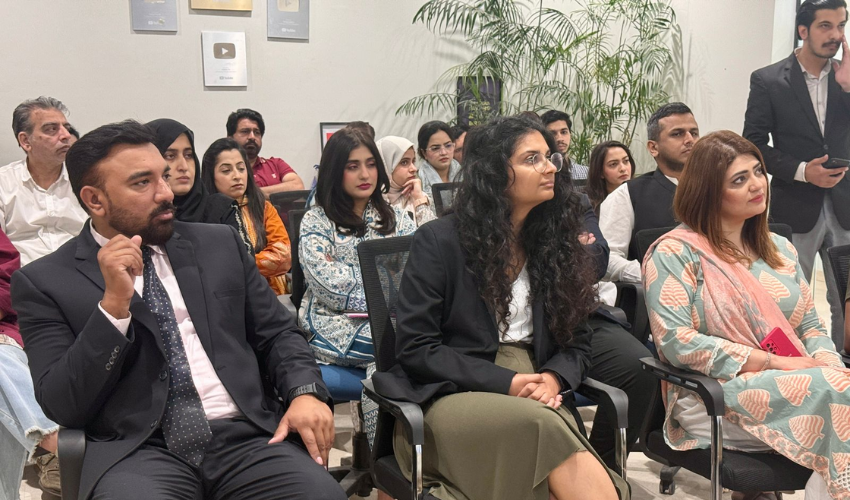The Islamabad High Court heard the case of implementation of the recommendations of the Baloch students recovery commission.
The high court bench hearing the case comprised Justice Mohsin Akhtar, while Attorney General for Pakistan Mansoor Usman Awan appeared before the court, as well as caretaker Interior Minister Sarfraz Bugti and Human Rights Minister Khalil George. Also present were the petitioner’s lawyer Imaan Mazari, and families of the missing Baloch students.
The AGP told the court that 22 more Baloch students have been recovered, while 28 were still missing.
“A total of 69 students are missing,” the court said.
The AGP then said caretaker Prime Minister Anwarul Haq Kakar could not appear as he was abroad. He also assured the court of making efforts to recover all the missing persons, adding that the missing students commission report was placed before the federal cabinet.
Awan said further that a cabinet committee was formed to which the matter was referred and it was ordered to make recommendations for action.
“It is a matter of fundamental rights,” Justice Mohsin Akhtar Kayani remarked, adding that everyone is doing as they please in this country.
“The entire blame is falling on the agencies,” he added. “Did the agency of some other country pick up the people?”
The court remarked that if a person from Balochistan goes missing, the administration takes action under Section 365 and then turns its back. “Take action against those who are terrorists and present them before the court,” Justice Kayani remarked.
“No agency has an exemption to pick up anyone they want,” the judge said. “Do such things happen in a civilised society?”
He further said that all the missing people who are recovered come up later and say they don’t want to pursue the case.
Addressing the interior minister, Kayani said he would not narrate any stories behind closed doors, nor will listen to anyone. He added that whatever has to be said, should be said in open court.
There was no justification for even one person going missing, Justice Kayani remarked, adding that the police picked up a person and then he/she goes missing. “When police stations are approached, it is learnt that the missing person isn’t there.”
Bugti tells the court that many missing persons are court absconders; some have gone to Afghanistan. He said they would analyse it on a case-by-case basis.
“Today is the 22nd hearing, you had to call the agencies and question them,” the court said to the interior minister. "In cases of enforced disappearance, the missing people are with your own institutions.”
He further said that on the one hand, there were accusations against a specific institution, yet they have to conduct the investigation. The defense secretary was responsible for ensuring that his institutions are not involved in any such thing, he added.
Justice Kayani told the defence side to solve the enforced disappearance cases, release the missing people or present them in court. “Why hasn't action been taken by holding any state institution responsible?” he asked.
Also Read: 69 Baloch students subjected to ethnic profiling, harassment, forced disappearance: IHC
“Our problem is that we do not even admit that these are cases of enforced disappearance,” Justice Kayani remarked.
Bugti told the court that there were many cases in which people were killed while fighting with the security forces.
The system is running due to the martyrdom of Pakistan Army and security agencies personnel, Justice Kayani remarked, adding that if a person is involved in any act of terrorism, take legal action against them.
The other angle pertains to human rights which should also be seen, the judge said.
The interior ministry then appointed the additional secretary as the focal person on the issue of missing persons.
The petitioner was ordered to provide the details of all the missing persons to the focal person. The court directed the Interior Ministry’s focal person to provide a report after investigating the matter case to case.
Justice Kayani said there was no doubt about the sacrifices of the martyrs.
The details of the missing persons’ families were directed to be provided to the government committee.
A missing boy’s sister told the court her brother was picked up in 2018 and never produced in court, adding that they were told it’s a minor issue. “My brother was an employee of the police department,” his sister said.
The court then asked if the gravity of the situation would be realised when they were all also kidnapped.
“If the missing persons are not recovered, I will order for a case to be registered against the prime minister and [the interior minister],” Justice Kayani added.
He also warned that the interior and defence secretaries will also be responsible. “Otherwise, you and the PM will have to go home,” the judge stressed.
The court directed the interior minister to meet the families of the missing persons within two weeks. Bugti said he would in two days.
All the high courts and Supreme Court have decided that it is the state's responsibility to provide for the families of missing persons. The relatives can also claim damages against the state and higher officials of the institutions, the court ruled.
The defense secretary and its related institutions can also be nominated as accused, it said. “If the students are not recovered at the next hearing, you will all have to go home,” the court remarked.
The hearing was adjourned till January 10.



























